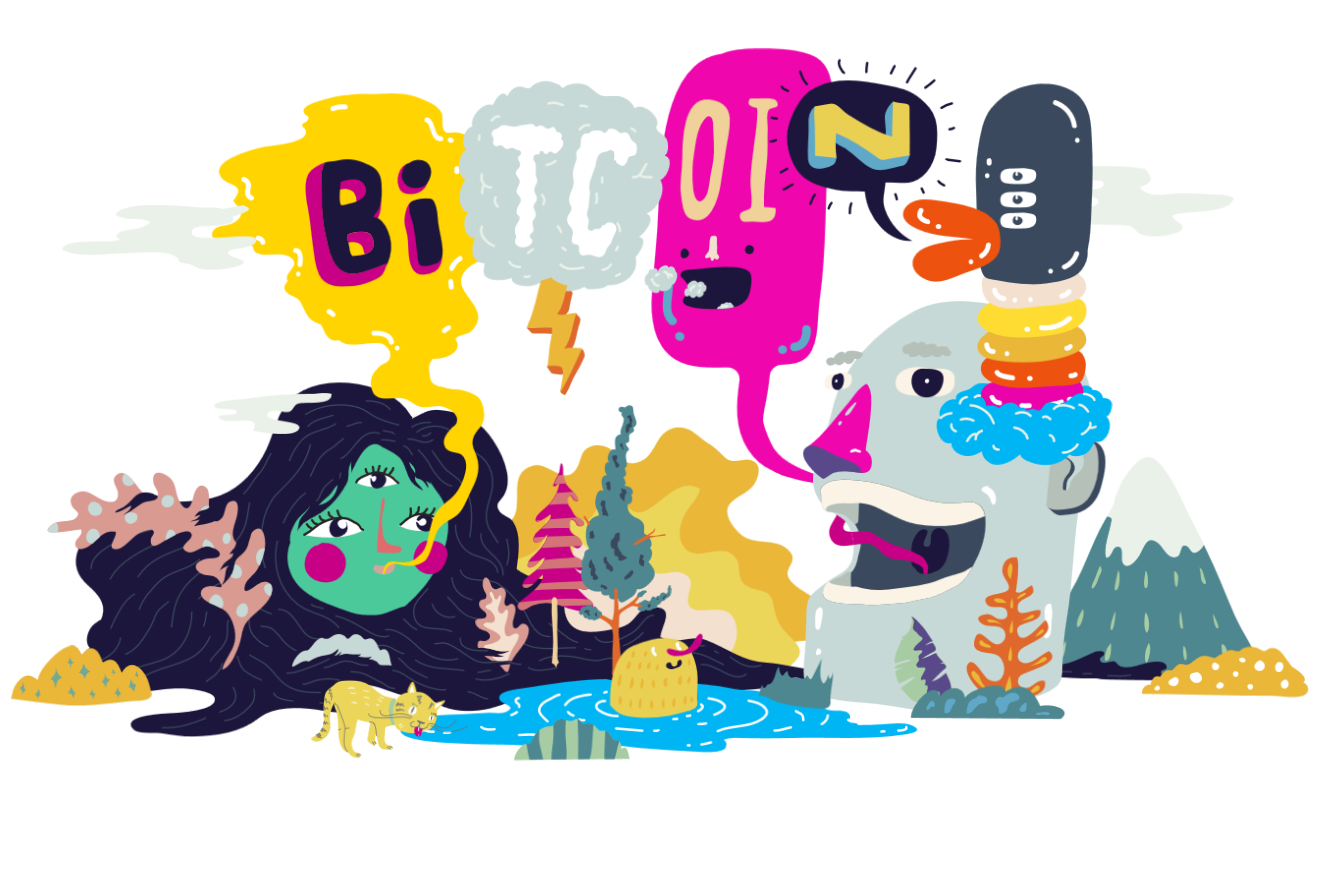Understanding Cryptocurrency: A Simple Guide for Young Minds
Have you heard about cryptocurrencies like Bitcoin and Ethereum but aren’t quite sure what they are? You’re not alone! Cryptocurrency is a complicated topic that even adults can find confusing. In this article, we’ll break down the basics so you can understand this new form of digital money.

Introduction
Cryptocurrency is a type of digital or virtual money that people can use to buy goods and services – similar to the physical coins and paper bills that you’re used to using every day. The difference is that cryptocurrency only exists online and is not issued by governments. It uses special technologies like blockchain (we’ll explain what this is later) to make secure financial transactions possible.
The goal of this article is to explain cryptocurrency in simple terms so you can understand this modern way of exchanging value. We’ll go over the key concepts step-by-step so you can learn the fundamentals of how cryptocurrencies work.
Understanding the Basics
Digital Money
Cryptocurrency is digital money – meaning it’s like the coins or tokens you earn in a video game that you can use to buy power-ups or accessories for your character. Unlike game money, cryptocurrency can be used to purchase real-world goods and services online.
Some popular cryptocurrencies are Bitcoin, Ethereum, and Dogecoin. Each cryptocurrency has its own unique features but they all act as digital money that people agree has value and can be exchanged for goods or services.
Blockchain Technology
So how does cryptocurrency work securely if it’s just digital money? This is where blockchain technology comes in. A blockchain is like a public ledger or record of every single transaction made using that cryptocurrency. It’s constantly updated as new transactions are made.
The blockchain is managed across a network of computers around the world, not owned by any single company or government. This decentralized network makes tampering with or hacking the blockchain extremely difficult. This innovative system is what gives people trust in cryptocurrencies.
Mining and Validation
In order for transactions to be added to the blockchain ledger, they must first be validated through a process called mining. Powerful computers compete to solve complex math problems and the first one to solve the problem validates the pending transactions.
When a transaction is validated, the miner who helped confirm it is rewarded with a small amount of new cryptocurrency. This incentivizes people to use their computers to help keep the network secure through mining.
Decentralization
An important feature of cryptocurrency is its decentralized nature, meaning it is not controlled by any central authority like a bank or government. With physical money, governments print more money when needed and monitor transactions through banks.
But cryptocurrencies are managed by the users through advanced technology like blockchain. This avoids any one person or group having too much control over the system. Many people like the benefits of decentralization for security reasons.
Wallets and Transactions
To store and use your cryptocurrency, you need a digital wallet. Wallets can be software applications, physical hardware, or even just a unique code. They allow you to receive, store, and send cryptocurrencies.
When you want to spend your cryptocurrency, your wallet uses your private key (like a secret password) to authorize the transaction and send coins to another person’s wallet address. The transaction is recorded in the blockchain ledger across the decentralized network.
The Value and Volatility of Cryptocurrency
So why do cryptocurrencies have any value and why does their value go up and down quickly? Let’s look at some key economic factors.
Supply and Demand
Like any asset, cryptocurrencies gain value when demand is higher than supply. There is only a fixed supply of coins like Bitcoin. When more people want to buy them, the value goes up. Speculation around cryptocurrencies being the “money of the future” impacts their demand.
Investments
Some people buy cryptocurrencies as investments, hoping the value will increase substantially over time. Big shifts in price occur when investors suddenly buy or sell large amounts, driving demand up or down. Not all cryptocurrencies are good long-term investments though.
Risks
The volatile price fluctuations of cryptocurrencies poses risks for investors. You could lose money if the demand changes quickly. Cryptocurrencies are complex and still very new. Governments are still figuring out how to regulate them. This uncertainty adds to the risk.
Conclusion
Cryptocurrency represents an exciting innovation that is changing the future of money and finance. By understanding the basics of how it works, you can be better informed about this technology as it evolves. While cryptocurrencies offer new possibilities, they also come with risks like volatility. As with any investment, it’s smart to do your research before getting involved so you can make educated decisions.
We hope this beginner’s guide has helped demystify the world of cryptocurrency for you! Let us know if you have any other questions.
Frequently Asked Questions
1. What are the most popular cryptocurrencies?
The most well-known cryptocurrencies are Bitcoin, Ethereum, Litecoin, and Ripple. Bitcoin is the largest and most established.
2. Is cryptocurrency legal?
Yes, cryptocurrency is legal in most countries, though regulations differ. Some countries have banned certain cryptocurrencies or restricted their use.
3. Can I lose all my money investing in cryptocurrency?
Yes, cryptocurrency prices can fluctuate wildly, sometimes dipping sharply. Only invest money you can afford to lose. Manage risk wisely.
4. Are cryptocurrencies taxed?
In many regions, capital gains from selling cryptocurrencies for a profit are subject to taxes. Follow your local tax laws.
5. What is a cryptocurrency hardware wallet?
A hardware wallet is a physical device that safely stores your private keys. It’s one of the most secure ways to protect your cryptocurrency assets.
6. What is Bitcoin mining?
Bitcoin mining is the process of validating Bitcoin transactions and minting new Bitcoins. It requires powerful computers competing to solve complex math problems.
7. Is Ethereum similar to Bitcoin?
Ethereum is like Bitcoin in that it is a cryptocurrency using blockchain. But Ethereum also allows for smart contract functionality.

Soraya Marlar is a 43-year-old cryptocurrency trader and analyst. She got her start in the financial world as a stockbroker in the late 1990s, and has been involved in the crypto market since early 2017. Soraya is highly respected within the crypto community for her trading skills and market analysis.

